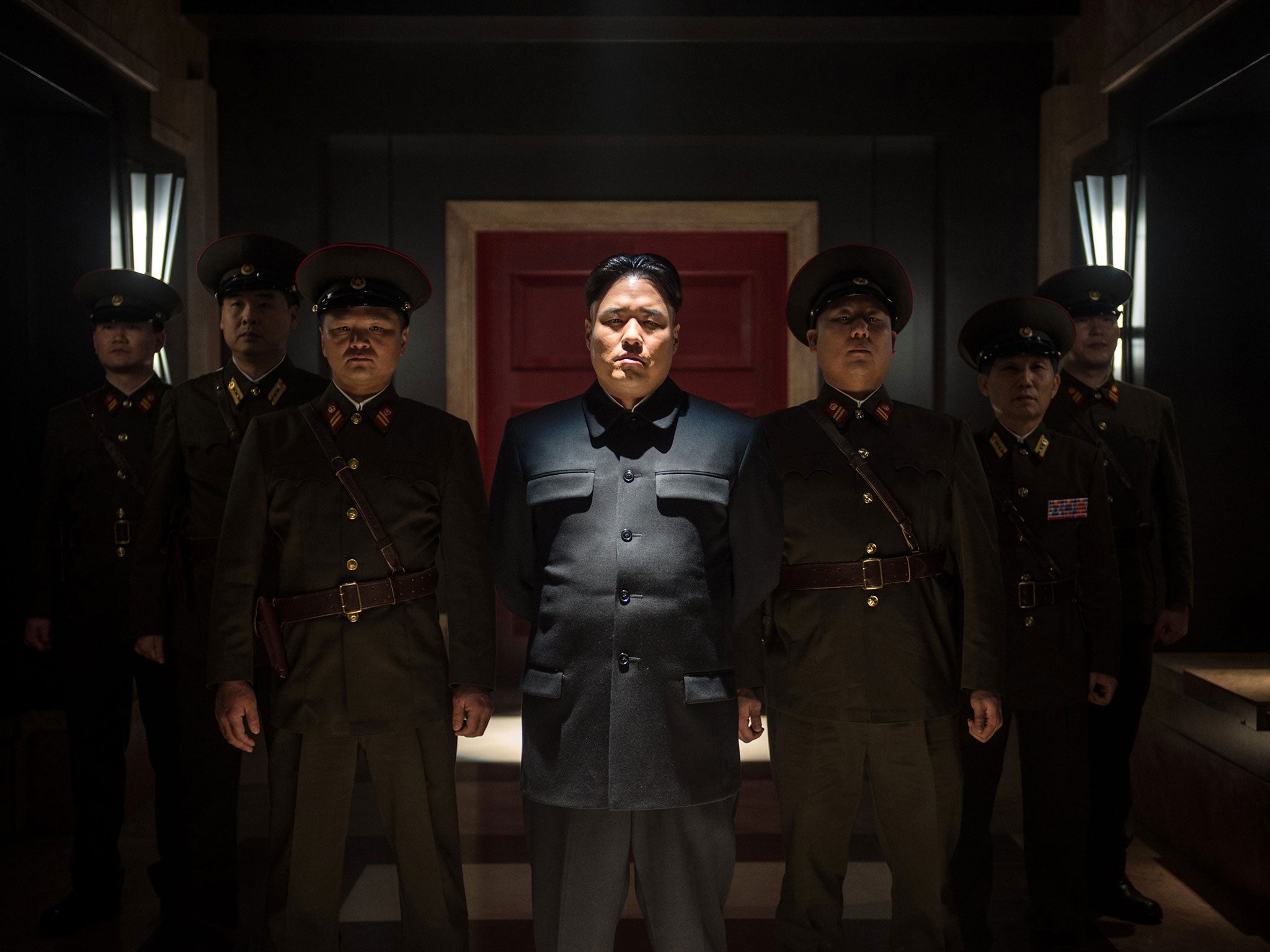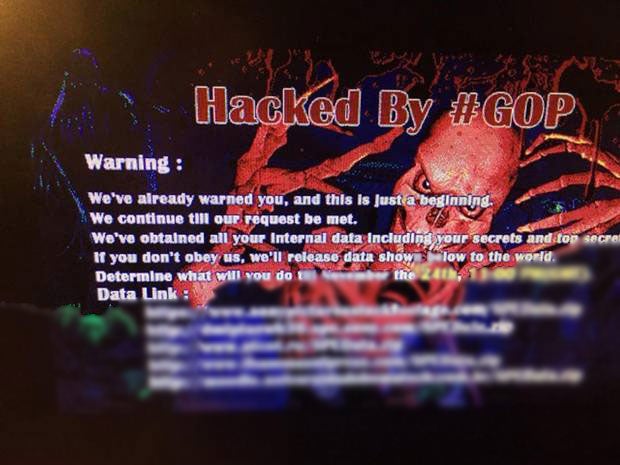The Interview: Sony Pictures cancels release of Kim Jong-Un assassination film as intelligence officials link cyber-attacks to North Korea
The film tells the story of two journalists recruited by the CIA to assassinate North Korean leader Kim Jong Un

US intelligence officials have reportedly concluded that North Korea is behind the recent cyber-attack on Sony Pictures. The wide-ranging hack of Sony’s computer systems is believed to have been a response to the Hollywood studio’s comedy film The Interview, which depicts the death of North Korean leader Kim Jong-Un. An unnamed US government official told NBC News, “We have found linkage to the North Korean government.”
Sony has now cancelled the Christmas Day release of The Interview, after several major cinema chains declined to screen the film following threats from the hacker group, Guardians of Peace. In a statement, the studio said, “we respect and understand our partners’ decision” and “completely share their paramount interest in the safety of employees and theatregoers.”
The Pyongyang regime warned earlier this year that the film’s release would represent “an act of war” that would lead to “merciless” retaliation. Earlier this week, Guardians of Peace advised cinemagoers to avoid seeing the film. Invoking the 9/11 attacks in a message posted online, the hackers wrote: “We will clearly show it to you at the very time and places The Interview be shown, including the premiere, how bitter fate those who seek fun in terror should be doomed to.”
The Interview, which stars Seth Rogen and James Franco as TV journalists recruited by the CIA to assassinate the North Korean leader, had been expected to enjoy its east coast premiere at the Sunshine Cinema in New York on Thursday evening, but Landmark, the company that owns the Manhattan theatre, cancelled the event on Tuesday. The five biggest cinema groups in North America each subsequently announced that they would no longer exhibit The Interview.
News of the The Interview’s cancelled release was met with outrage by other Hollywood figures. On Twitter, writer-director Judd Apatow described the decision as “disgraceful”, while chat-show host Jimmy Kimmel said it was “an un-American act of cowardice that validates terrorist actions and sets a terrifying precedent.”

Meanwhile Newt Gingrich, the Republican former Speaker of the US House of Representatives, said the hack was “an act of war”. According to the New York Times, the White House is weighing up how best to respond to the fact of North Korea’s involvement. The Department of Homeland Security said on Tuesday that, in spite of the Guardians of Peace threats, there was “no credible intelligence to indicate an active plot against movie theatres.”
Join our commenting forum
Join thought-provoking conversations, follow other Independent readers and see their replies
Comments
Bookmark popover
Removed from bookmarks